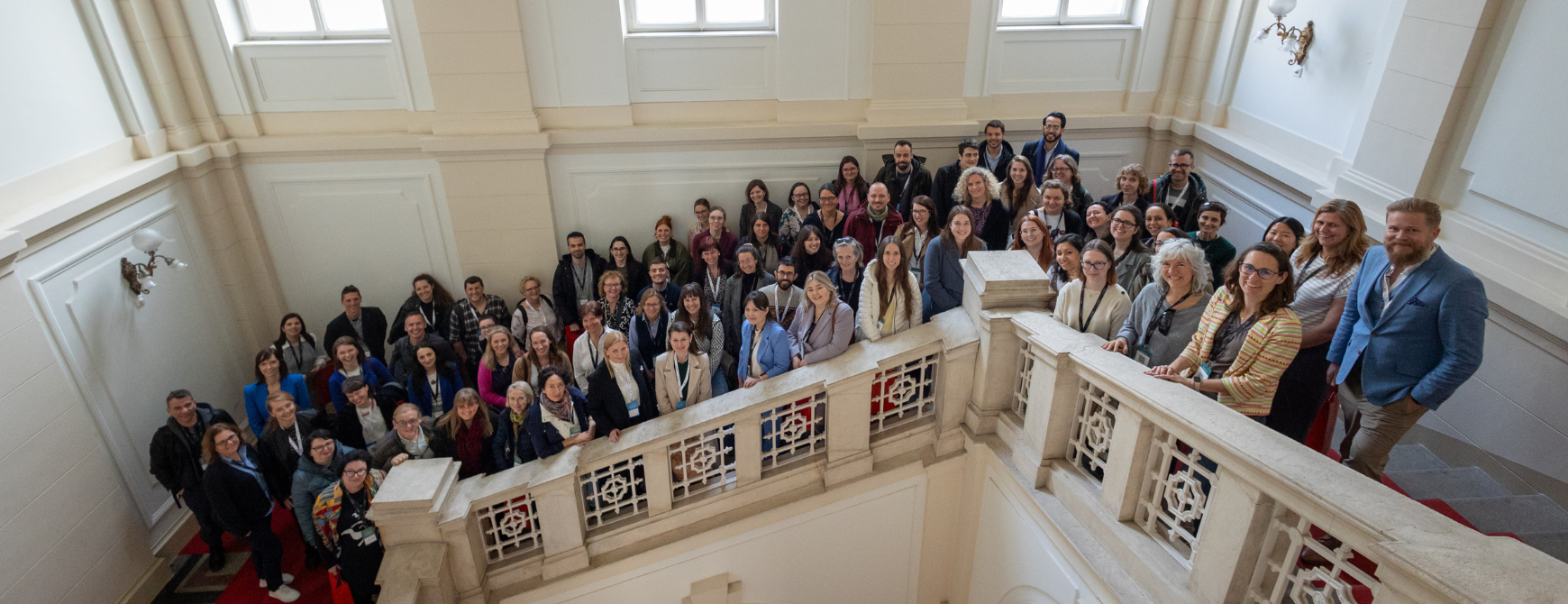University of Ljubljana hosted Erasmus+ staff training

Bor Slana/STA
Date of publication:
Last week of March, the University of Ljubljana hosted two trainings for professional staff working in the field of international cooperation and projects within the Erasmus+ programme. The training aimed to facilitate the exchange of best practices and to reflect on the changes that the new Erasmus+ program perspective, set to begin in 2028, will bring.
The first two days of the training were primarily dedicated to discussing the potential for further development of the Erasmus+ programme. Ivana Didak from The Guild, an association of European and African universities, emphasised the opportunities for development in the context of expanding partnerships beyond national borders. She also noted that while the Erasmus+ programme has become synonymous with European higher education in recent years, the next perspective will likely focus more on vocational and adult education. Didak stressed that the challenges remain in securing sufficient funds for co-financing mobility and projects, as well as yet unrealized idea of a European diploma, around which there is still no consensus on implementation due to differences among higher education systems within the EU.
The current Erasmus+ program, which operates on three Key Actions (mobility of individuals KA1, cooperation among organisations and institutions KA2, support to policy development and cooperation KA3), will conclude in 2027. Individuals and institutions are therefore encouraged to propose to the European Commission what should be included in the new Erasmus+ 2028-2034 perspective.
In light of this, Maëlle Gibbons-Patourel from the EUTOPIA Central Office presented the European Universities Initiative and the perspective of European University Alliances, which could be an important element for establishing strategic partnerships beyond Europe and could help bridge gaps in the context of the European diploma.
The program on Wednesday, Thursday, and Friday differed for professional staff working in the field of Erasmus+ mobility (Beyond Borders: Cultivating an International Perspective) and those working in the field of Erasmus+ projects (Sustainability of the European University Alliance through Erasmus+ Projects). In separate presentations and workshops, participants learned about practices at the University of Ljubljana, presented innovative solutions from their universities, and discussed daily challenges in workshops. Participants improved their professional competencies, developed intercultural understanding, and exchanged international practices and solutions, which directly contributes to enhancing the quality of work.
The training involved 80 professional staff members from 46 universities and 27 countries across Europe, Africa, and Asia, with half of them from universities within the EUTOPIA Alliance.
